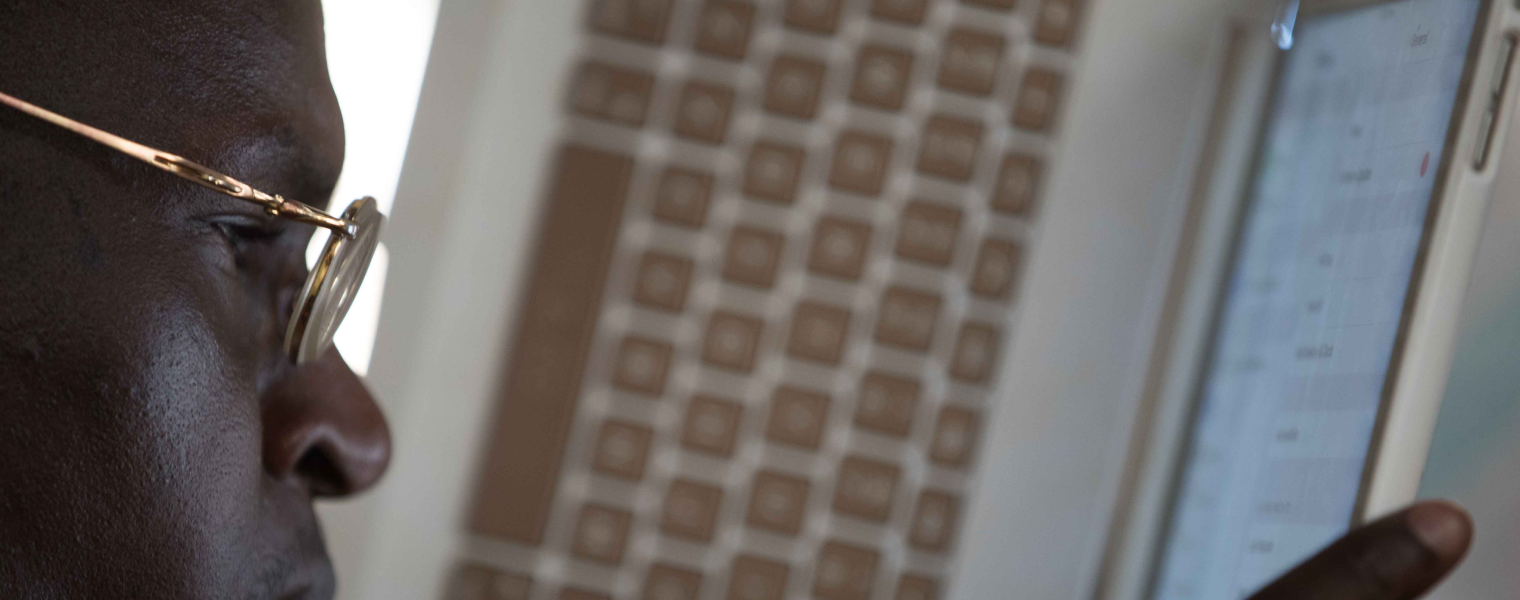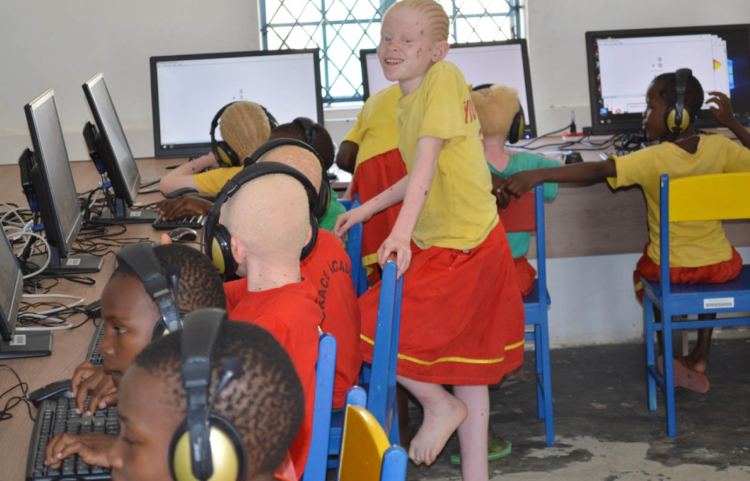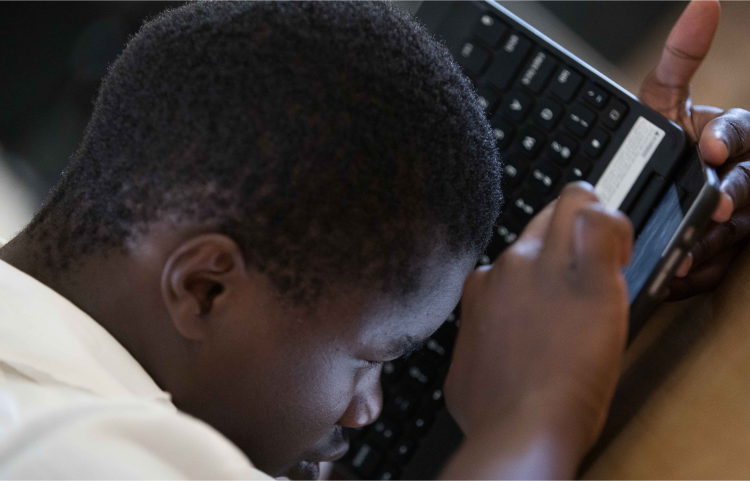Research & Development
inABLE's participation in research and development was inspired by the absence of data on students with disabilities in Africa, especially regarding technology. As a result, essential information was lacking to aid decision-making processes. inABLE, in partnership with other stakeholders, has undertaken several researches to bridge this gap. These include:
Promoting A11Y Financial Services within the Kenya Banking Industry

Following insights from the 2019 Banking Industry Customer Service Survey, Kenya Bankers Association (KBA) partnered with inABLE and FSD Kenya on a project to enhance digital accessibility within Kenya's Banking Industry. The KBA Secretariat recruited banks to participate in the voluntary exercise. Ultimately, seven banks expressed interest and participated in the project. The banks were required to cover 50 percent of the inABLE project costs. This was a 4-month project (July to October 2020) to Assess the Status of Digital Accessibility for PWDs & Areas for Enhancement. This study included customers with various disabilities, including; mobility impaired, hard of hearing and deaf, blind, and visually impaired.
Distanced and Disadvantaged Case Study
A Study on the Effects of COVID-19 on Education for Learners with Disabilities in Kenya, October 2020. This case study was conducted by inABLE in partnership with the Ministry of Education of Kenya, UKaID, and Foreign, Commonwealth & Development Office (FCDO). This study investigated some of the effects of the COVID-19 pandemic on learners with disabilities in Kenya. It contended that the measures put in place to contain the pandemic had had adverse effects on learners, especially learners with disabilities; social distancing had disadvantaged learners with disabilities since they had limited access to learning, were more likely to have no access to their social circle of friends, and faced more challenges navigating environments at home.


Revolutionizing how blind students take exams
inABLE partnered with I-STEM, a not-for-profit company in India that develops STEM technical solutions, and received a Microsoft AI for Accessibility grant to revolutionize how blind students take exams. The accepted AI concept—I-Assistant—uses text-to-speech, speech recognition, language understanding, and computer vision to give test takers an alternative to an in-person test reader and writer with an automated tech-powered conversational experience.
The Georgia Tech Sonification Lab and inABLE partnership

Organizations maintain an exciting collaboration on various research projects. Below are four sample projects
User Testing for Physics Education Technology (PhET) Simulations
inABLE enrolled blind and low vision students to interact with multimodal science simulations to assess how accessible, usable, effective, and enjoyable the software was. Students performed semi-structured benchmark tasks, as well as some free-form interaction. inABLE research staff observed and recorded the ...
Accessible Weather App
The GT Sonification Lab developed an accessible weather app for iOS and Android, specifically for blind users. inABLE facilitated a Participatory Design process in which blind and low-vision students and staff members took part in remote focus groups and completed a semi-structured discovery process to identify design requirements.
The National Baseline Survey
Is a peer-funded collaborative research project. The Mwangaza project was a shared effort among the Sonification Lab at Georgia Tech in Atlanta, USA, inABLE, and Kenyatta University. This research team completed a two-phase project, including (1) a nationwide survey of the interests, needs, skills, and opinions of blind students ...
Engaging Females in Computer Science
FFor young women with vision impairments in the developing world, access to ICTs is vital to enable educational and employment opportunities that are often unattainable because of their gender and disability status. Thus, it is essential to develop ICT training programs and effective strategies for integrating ...